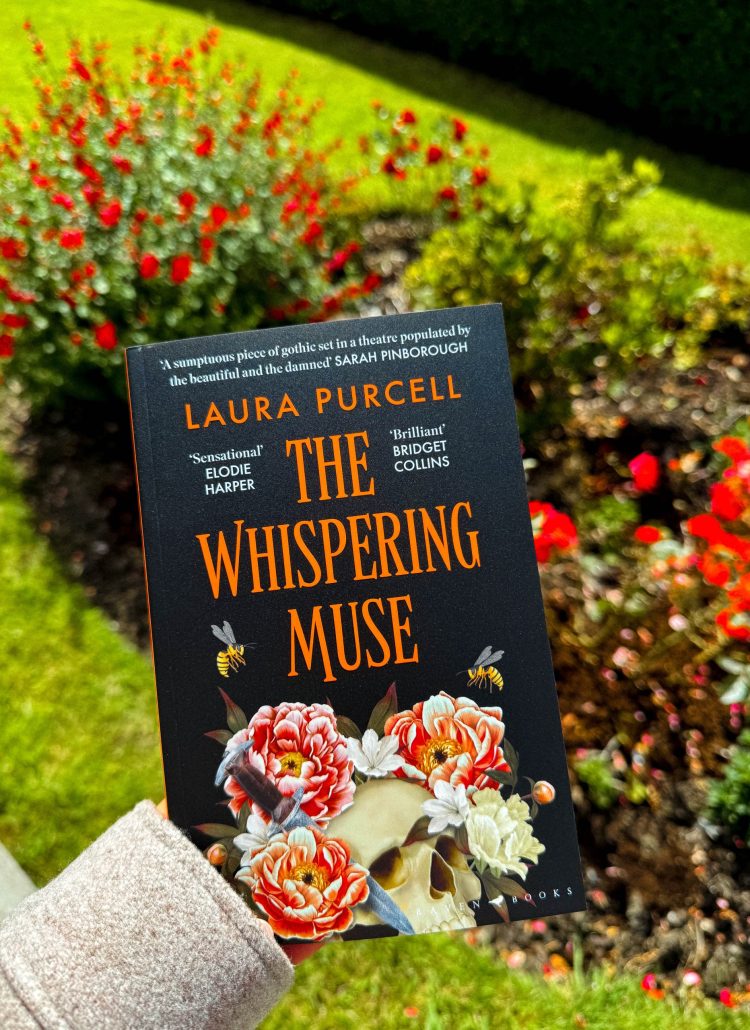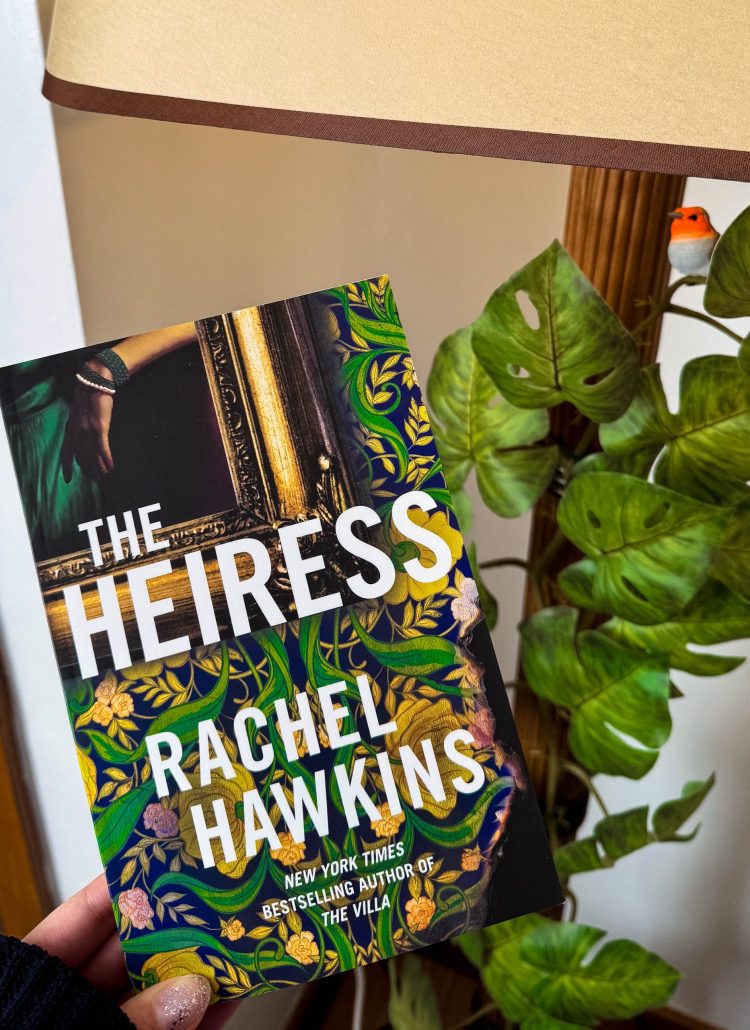First published in 1778, Frances Burney’s first and most enduringly popular novel is a vivid, satirical, and seductive account of the pleasures and dangers of fashionable life in late eighteenth-century London.
As she describes her heroine’s entry into society, womanhood and, inevitably, love, Burney exposes the vulnerability of female innocence in an image-conscious and often cruel world where social snobbery and sexual aggression are played out in the public arenas of pleasure-gardens, theatre visits, and balls.
REMEMBER, MY DEAR EVELINA, NOTHING IS SO DELICATE AS THE REPUTATION OF A WOMAN: IT IS, AT ONCE, THE MOST BEAUTIFUL AND MOST BRITTLE OF ALL HUMAN THINGS.
Fanny Burney’s Evelina is a genuine delight. A 3-volume epistolatory novel that never has a dull moment despite being quite predictable in terms of plot. It’s a salacious romp full of comedy and drama – tugging firmly at the heartstrings in the third and final volume.
It’s undoubtedly one of my favourite pieces of eighteenth-century literature with Eliza Haywood’s terrific and scandalous Fantomina just beating it to the number one spot. Burney’s prose is just so precise and elegant! After the disappointment that was Samuel Richardson’s Pamela, I groaned upon realising Evelina was an epistolatory novel. However, the voices of the various characters penning the letters are incredibly delineated and individualised that it was so easy to follow the story and get lost in all the dramatic and chaotic antics.
While naïve, you cannot help but root for our heroine, Evelina, and I found myself fretting over the many difficulties that rose to obstruct her happiness. Burney so accurately captures the misogyny of eighteenth-century Britain and the rigid class and social heirarchy.
Characters such as Captain Mirvan and Madame Duval are both entertaining and abhorrent. Duval is somewhat underutilised by Burney towards the middle of the novel and could have been roped into cause some serious chaos along with the Braghtons, but they were all ridiculously irritating and jeopardised Evelina’s good name. Yet, while fun to mock, I was glad to be rid of Duval & Co if meant Evelina’s happiness. Sir Clement Willoughby, however, was the worst! He was like that annoying fly trapped in your house that simply won’t leave no matter how many windows you open. One of my least favourite characters in literary history? Absolutely.
I will admit that there’s an awful lot of build for what feels like quite a rush reveal and climax. I spent much of the second volume wondering where exactly Burney was going to take us and if Evelina was to reunite with her estranged father after all. Spoiler alert: she thankfully does, but she has to jump over many a hurdle and persistant icky man to get there! The ending itself is probably not the most realisitic. It is very Disney Princess fairytale, but it’s sweet and I can’t fault that. Evelina and Lord Orville are just too cute for me to root against them even if I had my suspicions and anxieties about a dramatic twist… If there’s one thing Evelina taught me, it’s that men are indeed trash.
For me, the only time Burney’s epistolatory format fails is at the end as my heart was yearning to see Mr Villars and Evelina renuite. It’s shocking that there’s not been many – if any! – adaptations of Evelina as it’s such a fun story!
Evelina is extraordinary as a document of social history. Comic and shrewd, it is at once a guide to fashionable London, a satirical attack on the new consumerism, an investigation of women’s position in the late eighteenth century, and a love story.






Leave a Reply